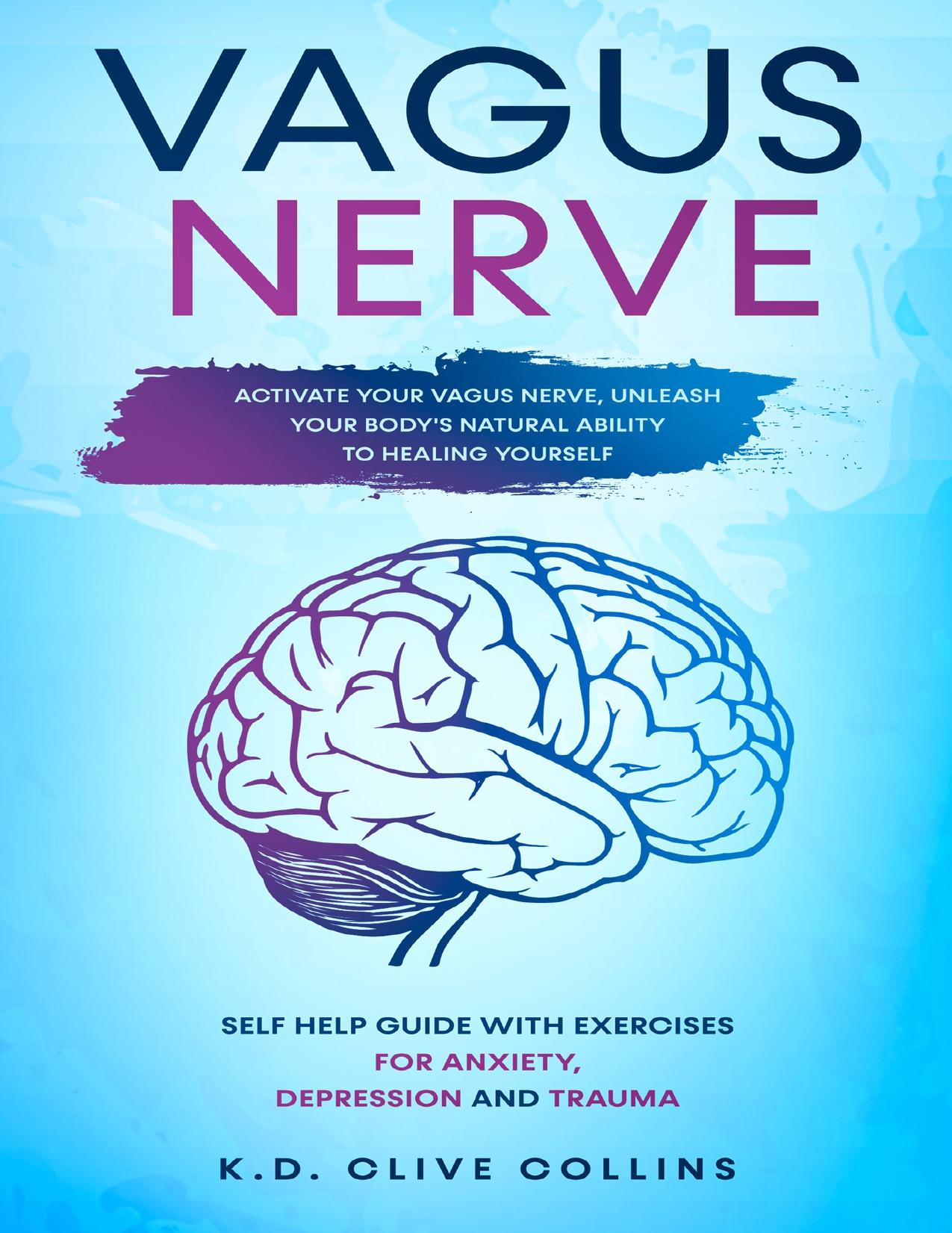Vagus Nerve: Activate your Vagus Nerve,unleash your body's natural ability to healing yourself. Self Help guide with excercises for anxiety,depression and trauma. by Collins K.D. Clive

Author:Collins, K.D. Clive [Collins, K.D. Clive]
Language: eng
Format: epub, pdf
Publisher: UNKNOWN
Published: 2020-03-16T16:00:00+00:00
Signs of emotional abuse can be subtle, and the abuser often is a master at manipulation, using your own needs against you to create a sense of dependence on themselves.
You can spot them though, so here are some of them.
Humiliating behavior, negativity, and criticism in the extreme. This is not just making a mistake or wording something awkwardly, but saying things designed to humiliate or to paint you in a negative light. Nicknames that actually are cruel or demeaning – “cutie-patootie” is a cute nickname, “fatty” is not. Publicly embarrassing you, joking about things that make you look foolish or are at your expense, sarcastic remarks and then telling you that you are being too sensitive or “just can’t take a joke” when you object. Belittling you or putting down the things you are interested in, being dismissive of you or your likes or dislikes.
Controlling, shaming behaviors. This is often accomplished through threats and monitoring your whereabouts, both digitally and physically. Coming to your work to check up on you. I’ve heard of people thinking this was caring behavior, when in fact it is a sign of controlling behavior when done obsessively and to check up on whether or not you really are where you said you are going to be. This is not a sign of care, this is asign ofabuse.Lecturingand outbursts,treatingyou like a child and giving you direct orders rather than treating you as an equal. While acting as if you don’t know to do anything on your own, they may also act as if there are certain things they have no idea how to do, so they desperately need you to do it for them.
Accusations, blaming others, or outright denial of things you know to be true. Jealousy, blaming you for their outbursts, lapses in judgment, or any outside problems they may be having. Destroying things and then denying that it happened, despite proof to the contrary. Denying their abuse and possibly claiming that you are the abuser instead. Trivializing your concerns and claiming you have no sense ofhumor because you have been upset over things they have said in the past.
As the abuse continues, it will lead to emotional neglect and isolation. They will demand respect but not reciprocate. They may shut down communication, prevent you from socializing with others, or dehumanize you when you are the one doing the talking. They may come between you and family members, perhaps even offering what sounds like legitimate reasons for keeping you away from your family. At the same time, they may withhold affection from you, tune you out, or show other signs of indifference to you such as interrupting or disagreeing with you when you say you feel a certain way.
At the end of all this is a state of codependence. When in this state, you may feel as if you deserve this treatment, which is not true, but is hard to accept. You may feel guilty for defending yourself, and even find yourself defending them to other people when they question this behavior.
Download
Vagus Nerve: Activate your Vagus Nerve,unleash your body's natural ability to healing yourself. Self Help guide with excercises for anxiety,depression and trauma. by Collins K.D. Clive.pdf
This site does not store any files on its server. We only index and link to content provided by other sites. Please contact the content providers to delete copyright contents if any and email us, we'll remove relevant links or contents immediately.
When Breath Becomes Air by Paul Kalanithi(7256)
Why We Sleep: Unlocking the Power of Sleep and Dreams by Matthew Walker(5637)
Paper Towns by Green John(4165)
The Immortal Life of Henrietta Lacks by Rebecca Skloot(3821)
The Sports Rules Book by Human Kinetics(3582)
Dynamic Alignment Through Imagery by Eric Franklin(3483)
ACSM's Complete Guide to Fitness & Health by ACSM(3462)
Kaplan MCAT Organic Chemistry Review: Created for MCAT 2015 (Kaplan Test Prep) by Kaplan(3420)
Introduction to Kinesiology by Shirl J. Hoffman(3297)
Livewired by David Eagleman(3117)
The River of Consciousness by Oliver Sacks(2989)
Alchemy and Alchemists by C. J. S. Thompson(2909)
The Death of the Heart by Elizabeth Bowen(2897)
Descartes' Error by Antonio Damasio(2728)
Bad Pharma by Ben Goldacre(2724)
The Gene: An Intimate History by Siddhartha Mukherjee(2489)
Kaplan MCAT Behavioral Sciences Review: Created for MCAT 2015 (Kaplan Test Prep) by Kaplan(2487)
The Fate of Rome: Climate, Disease, and the End of an Empire (The Princeton History of the Ancient World) by Kyle Harper(2431)
The Emperor of All Maladies: A Biography of Cancer by Siddhartha Mukherjee(2427)
